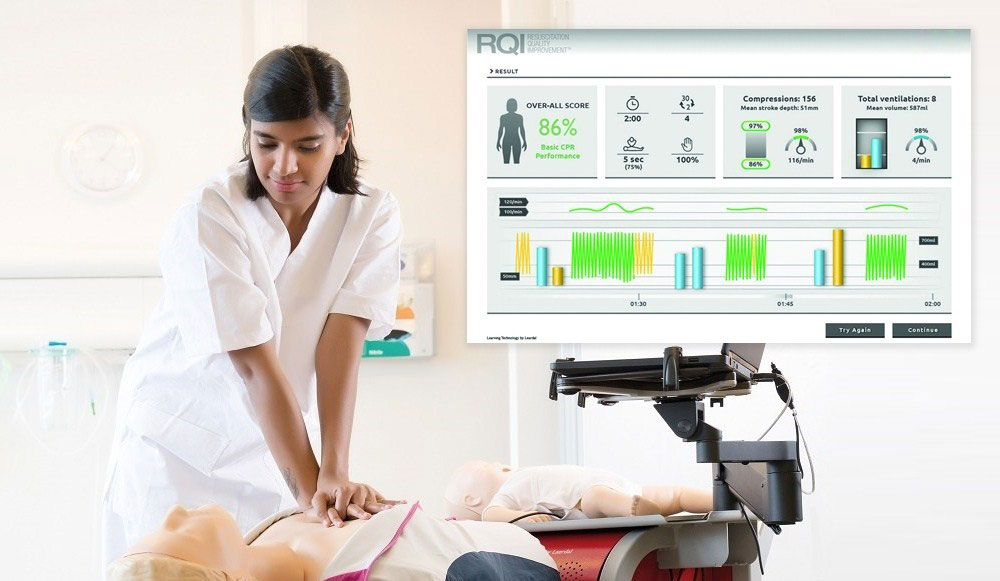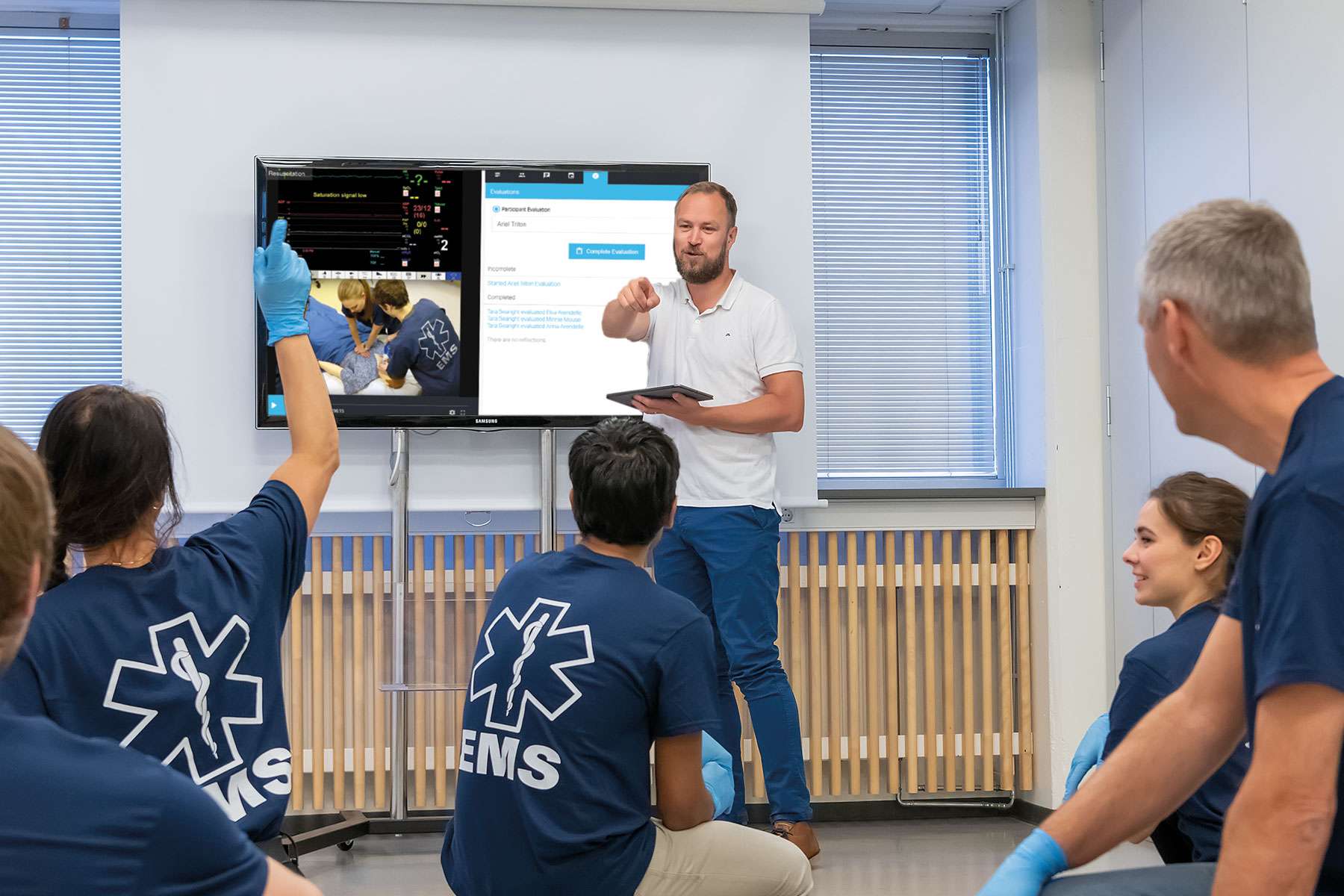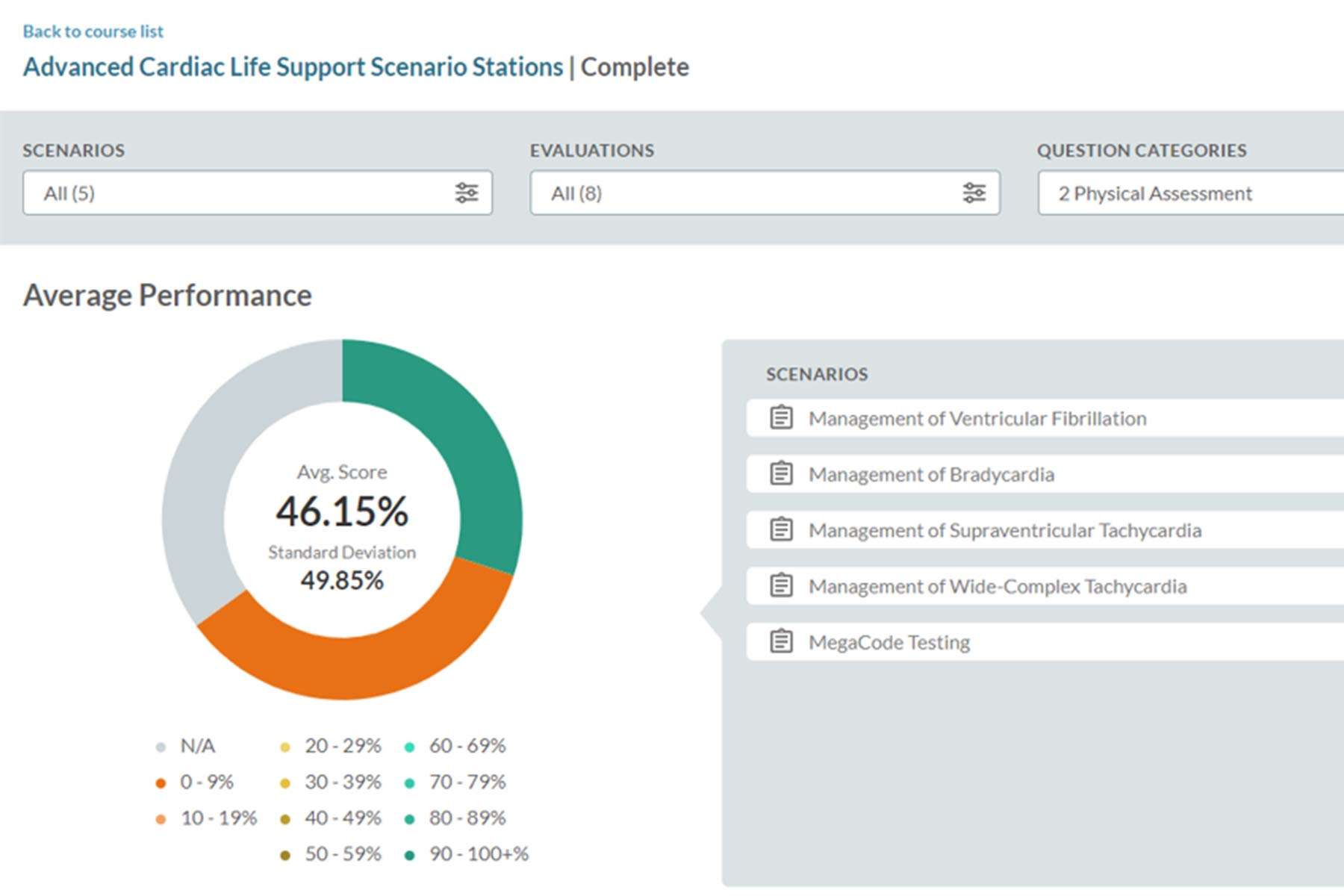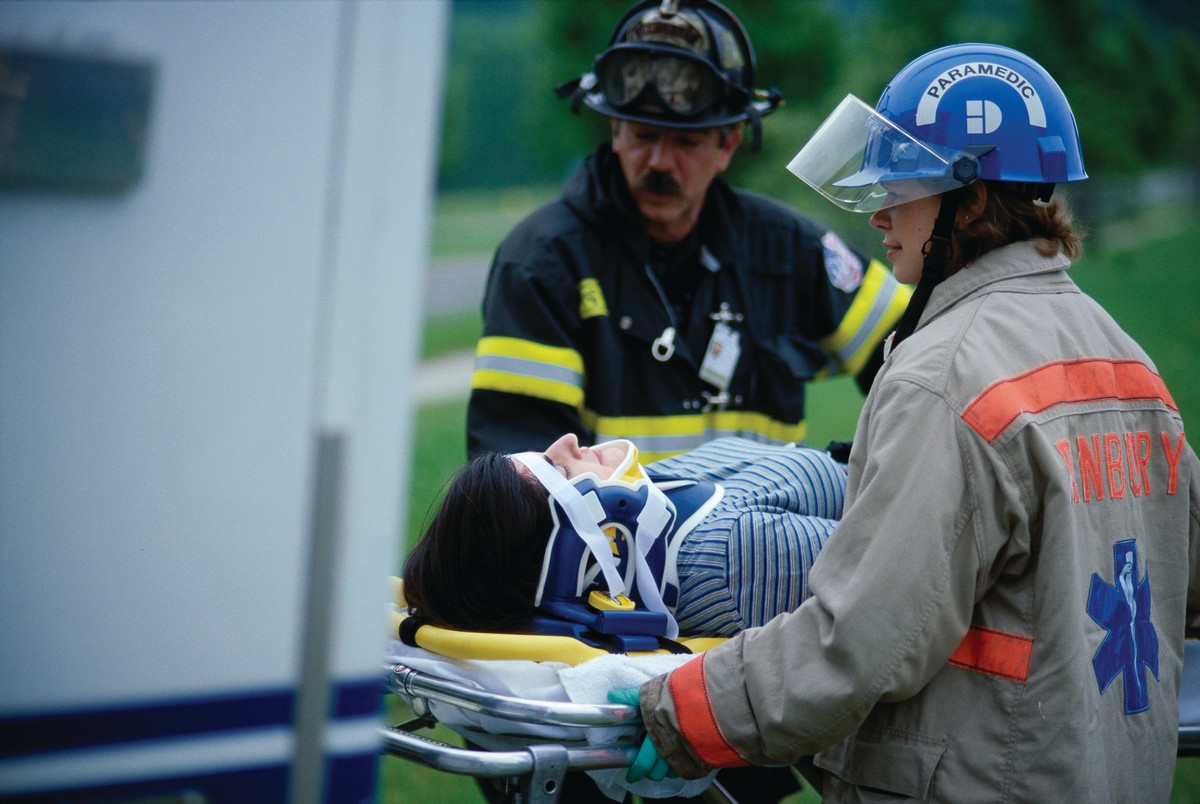
Resuscitation Quality Improvement
A Groundbreaking new method for resuscitation training helping to solve many common challenges for resuscitation training today.
Simulation serves as both a training modality and an assessment strategy, enabling learners to develop and demonstrate competencies. By observing learner performance in simulated scenarios, instructors can accurately identify strengths and areas for improvement.
Demonstrates foundational task knowledge and performance hands-on
Paramedicine demands a unique blend of rapid critical thinking and precise hands-on skills. In EMS education, developing psychomotor competencies early in a learner's journey is essential. When foundational skills become second nature, students can shift their focus to applying them seamlessly in high-pressure, real-world scenarios. By assessing these skills early through efficient and ideally automated methods, educators can better support learners' progression and ensure readiness for the demands of the field.
Demonstrates introductory decision-making skills within situational competencies
At this stage of EMS education, learners begin to grasp the fundamentals of clinical decision-making and care pathways. They start applying critical thinking and recognizing that both success and failure are part of the learning process. Often, students who struggle with summative exams have had limited exposure to formative or course-level assessments. Choosing a simulation solution that enables targeted, early assessment helps educators identify gaps and support learners in progressing confidently to the next level in their competency progression.
Demonstrates advanced decision-making along with team-based competencies
Learners experiencing the benefits of assessments at this level should already be used to formative assessments and to the process of coaching and guided self-reflection. What you need to assess in this area is what you will need to train to. You may be performing summative assessments like Observed Structured Clinical Exams (OSCEs), or you may still be performing formative assessments. In either case, Laerdal offers simulators and digital solutions that can test advanced-level decision-making in teams during acute emergent situations.
Demonstrates competencies during clinical practice
As learners advance, it's critical to immerse them in realistic environments that test their ability to think clearly and act decisively under pressure. These scenarios build confidence and competence for the field.
To ensure consistency and transparency, assessments should be digitally captured and tracked. When using simulation, opt for the highest fidelity possible to mirror the complexity of real EMS calls — especially those requiring critical thinking and complex decision-making.
Run simulations that mirror real pre-hospital conditions and capture every detail to deliver structured, actionable feedback. This approach helps learners build competence through targeted reflection and guided improvement.
SimCapture mobile solutions enable video capture of on-the-move simulations for time-critical emergencies, allowing teams to practice skills and decision-making without large IT infrastructures.
Instructors can annotate key moments for debriefing, create evaluation criteria, and assess learner adherence to protocols against local standards.
The platform facilitates the testing of protocol changes, provides easy-to-use performance reports, and allows data download for reflective practice reviews.
Additionally, it supports collaborative peer learning and self-recording for formative skills training.

![]()
Strengthen team-based training
![]()
Improve EMS response to critical emergencies
![]()
Assess, evaluate, and track performance over time
![]()
Encourage peer learning with digital checklists

Assessment Management
Assessment data is collected and stored in one location for simple access and management

Standardized and Objective Assessment
Evaluate EMS learners consistently using defined performance criteria - supporting fair, skills-based validation and readiness tracking

Analyzing and Presenting Data
Dashboards on individual or cohort level for better evaluation and presentation of outcomes

A collection of resources to help you implement competency-based education.